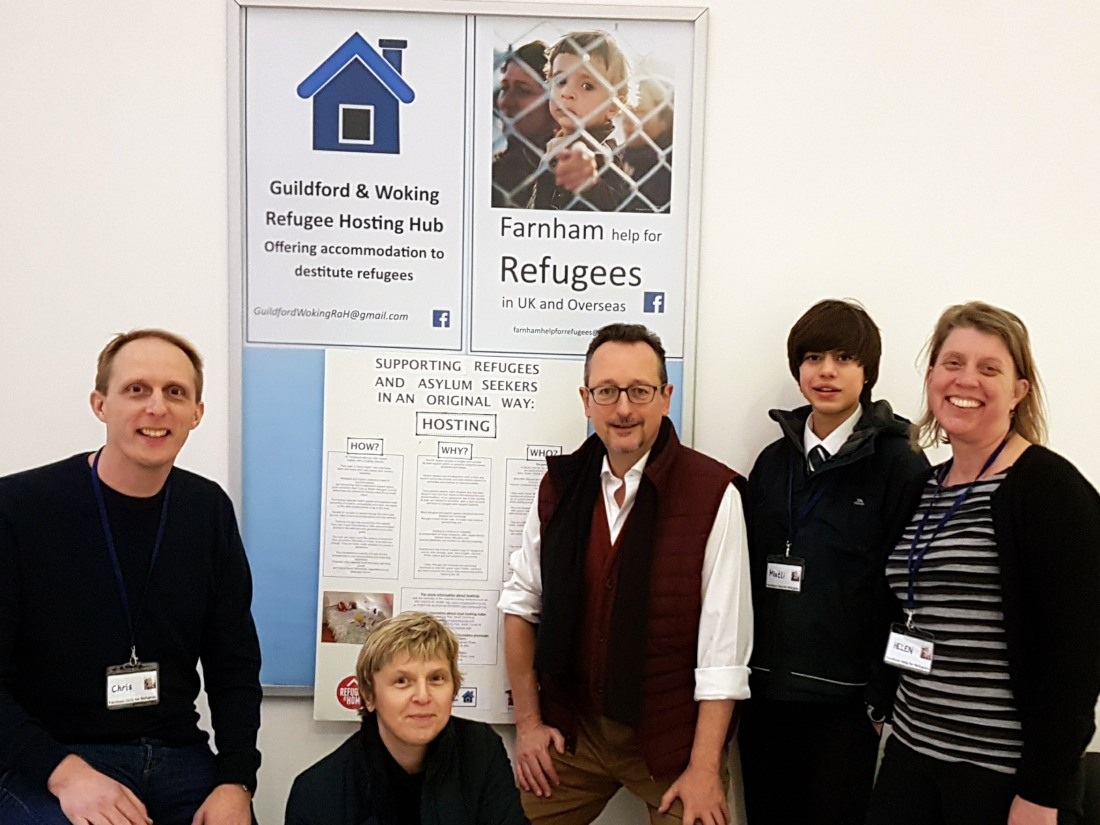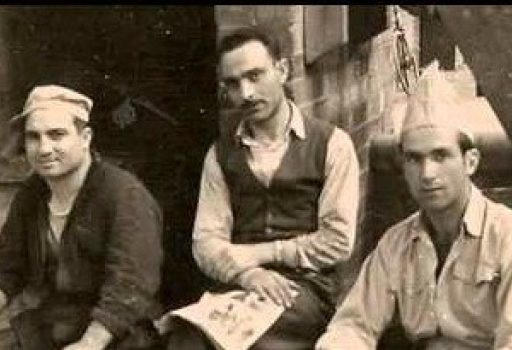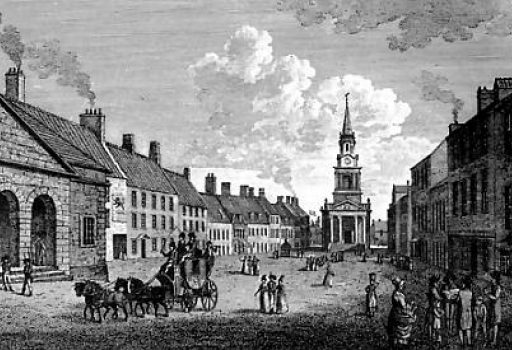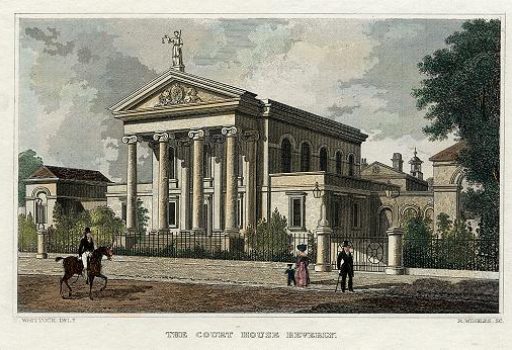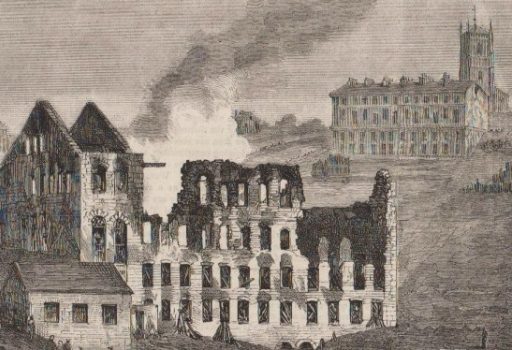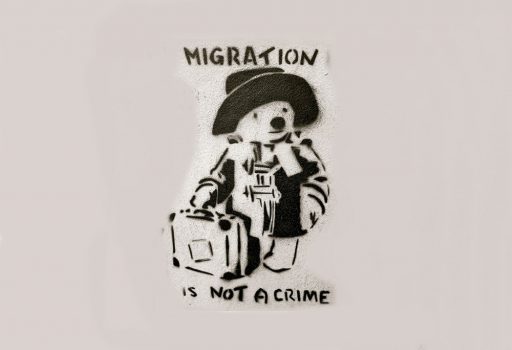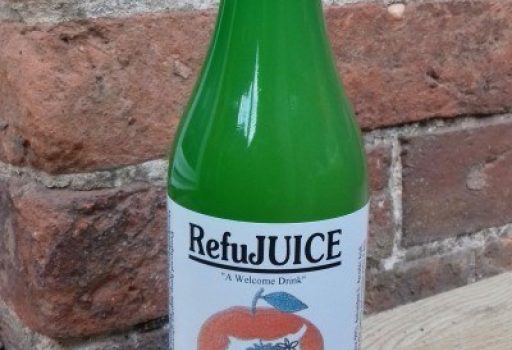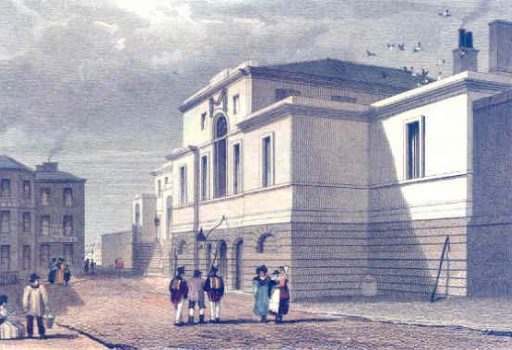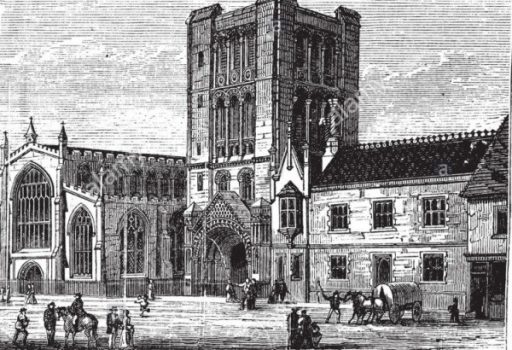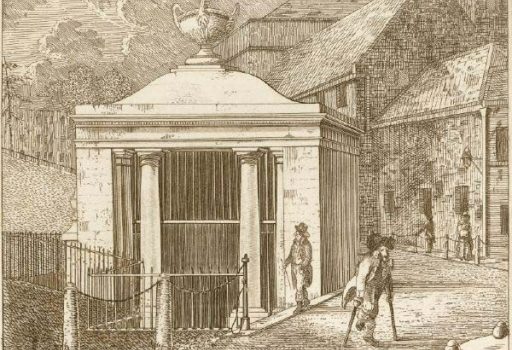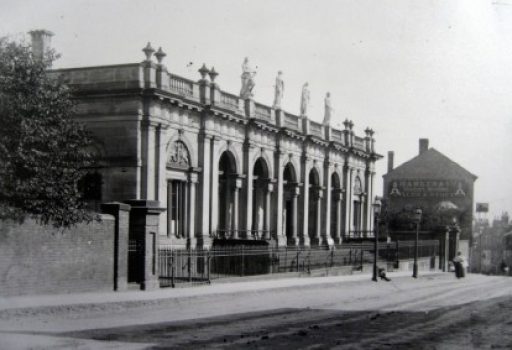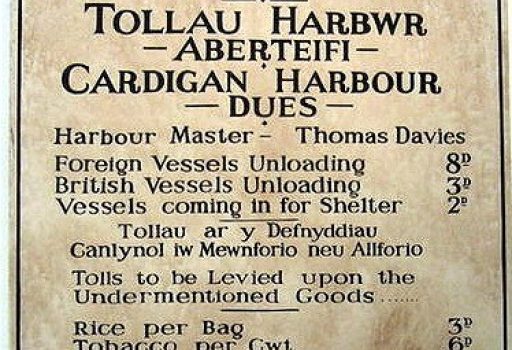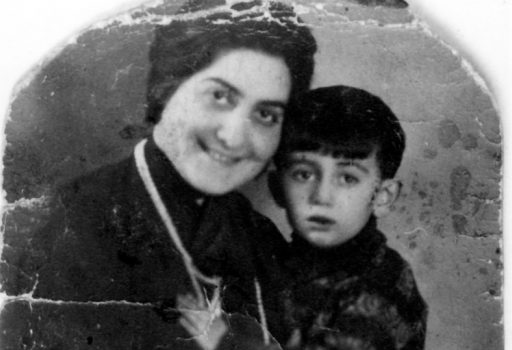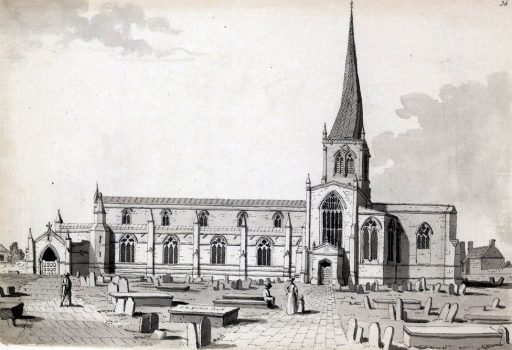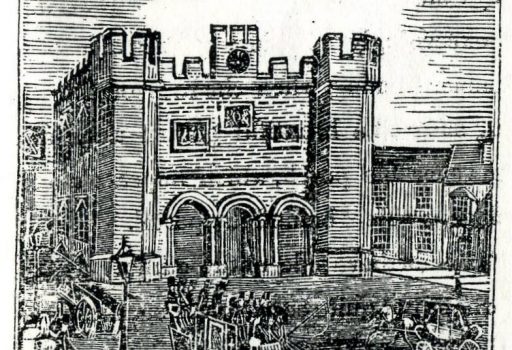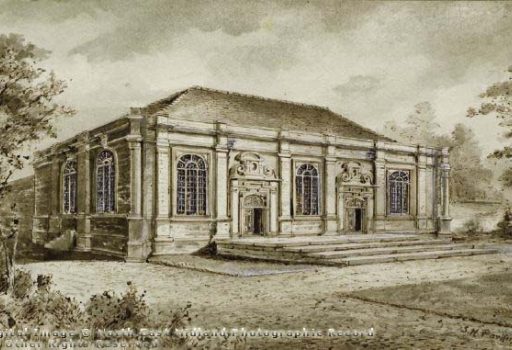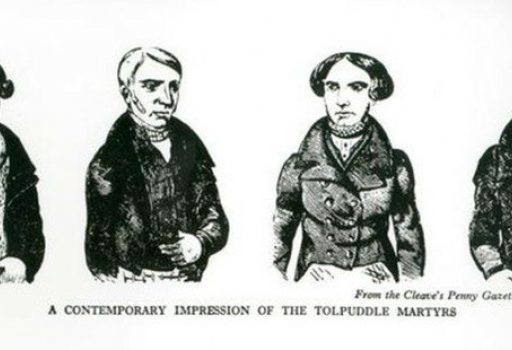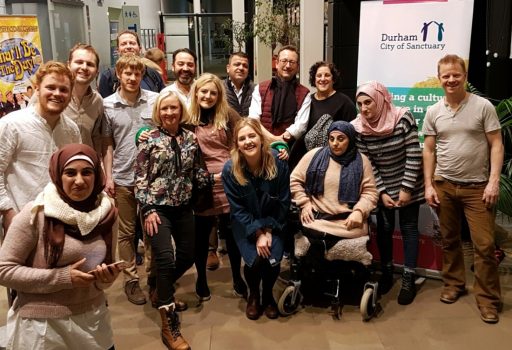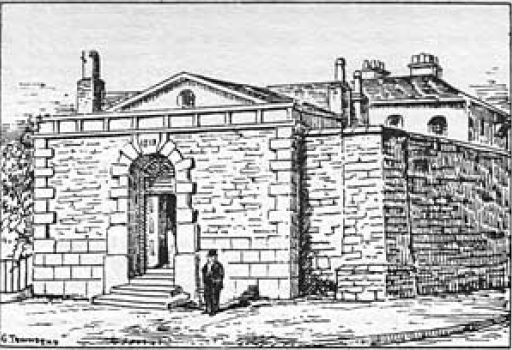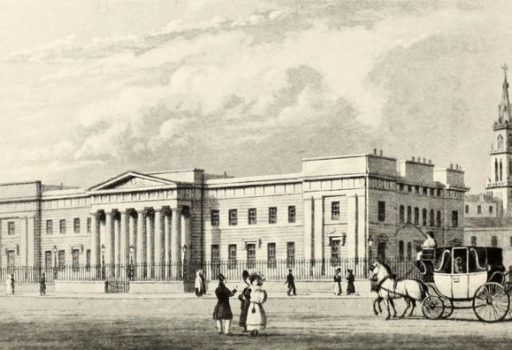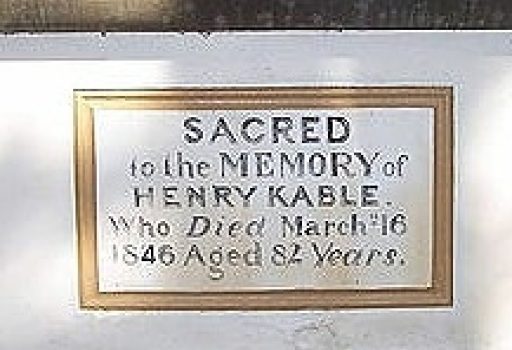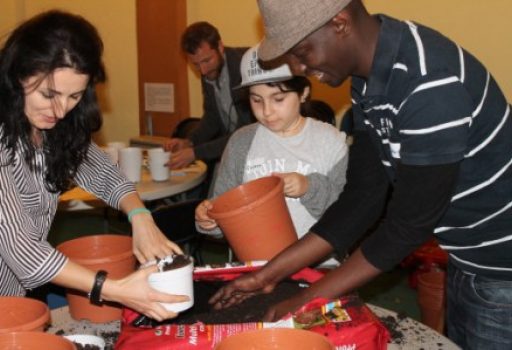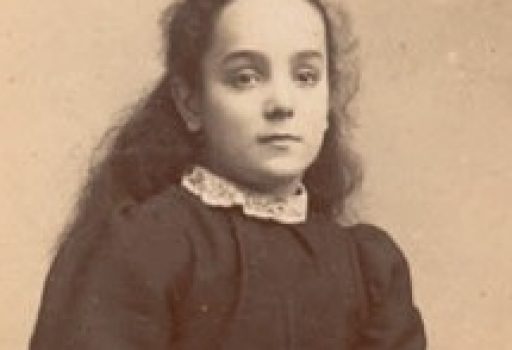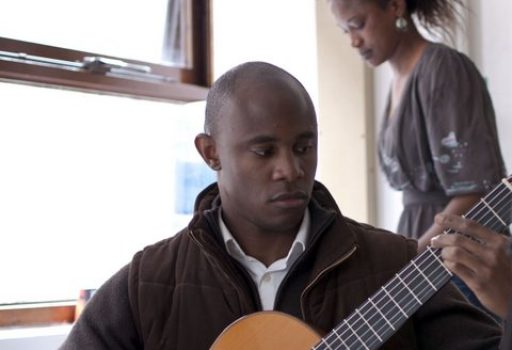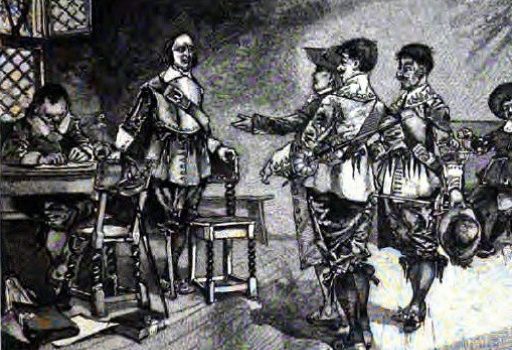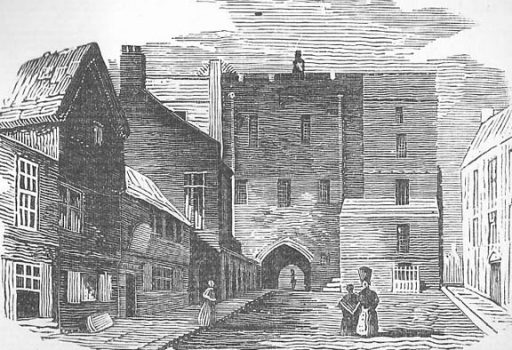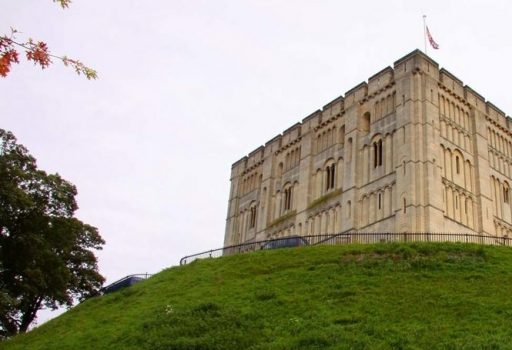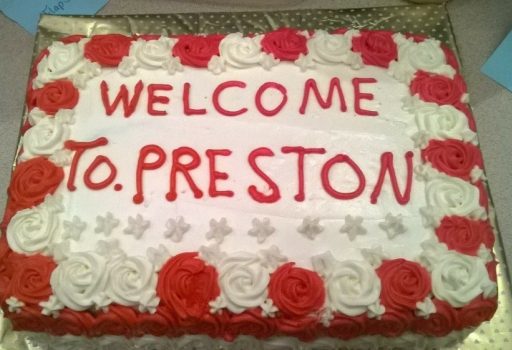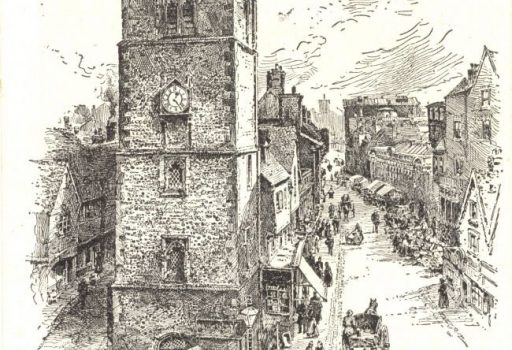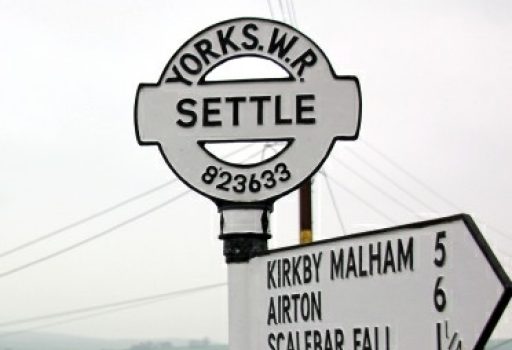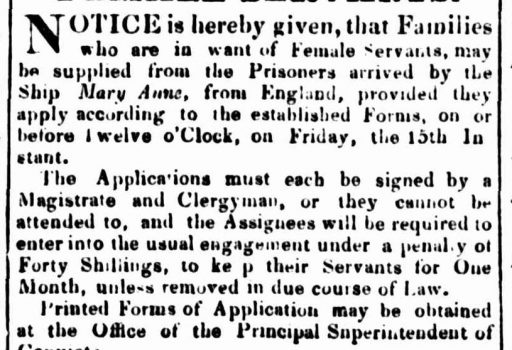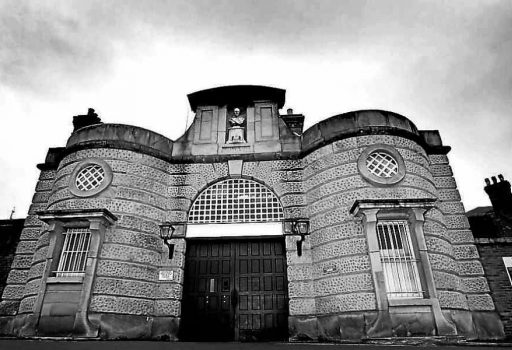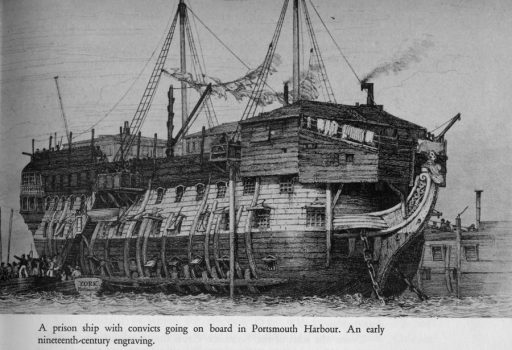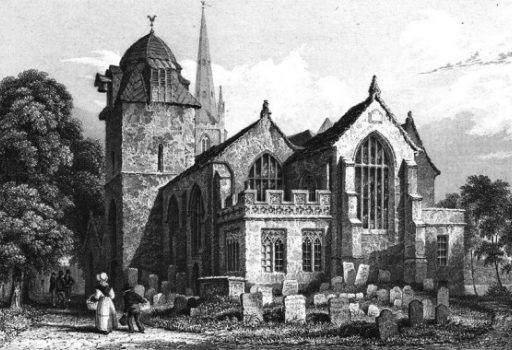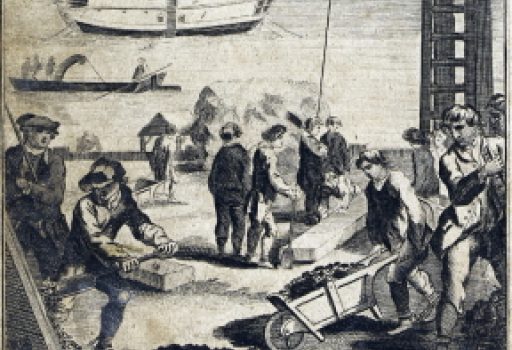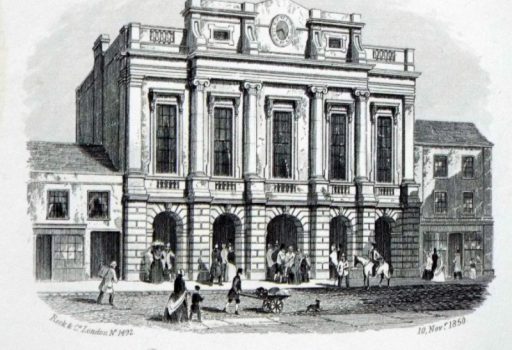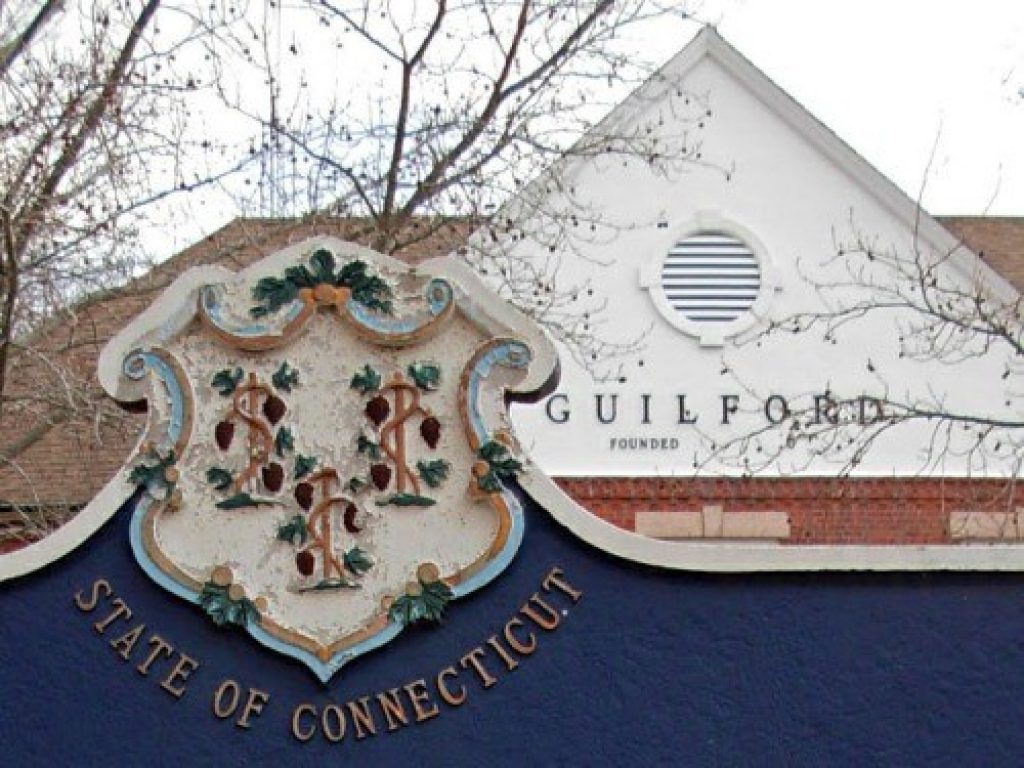
Citizens from Guildford were prominent among a band of emigrants who sailed to America in May 1639 under the leadership of the Reverend Henry Whitfield from St Margaret’s in Ockley. Two months later they arrived at New Haven, Connecticut and went on to create a plantation in that state beside Long Island Sound. They called their new home Guilford. Unlike their mercantile brethren who peopled New Haven, these adventurers were mostly farmers and they were glad to find land – low, flat and moist – similar to the terrain they had left behind.
JOHN JACOBS was no typical convict. He was a gentleman, who had travelled the world. But his 1826 conviction at the Surrey Assizes in Guildford marked another sad chapter in a migrant family which had risen high and fallen low. His grandfather Lazarus Jacobs arrived in Britain from Frankfurt in Germany during the mid eighteenth century. An itinerant glass-cutter, Lazarus and his son Isaac pioneered the production of a new form of glass, known to this day as Bristol Blue Glass. They helped fund a new synagogue and became prominent among the Jewish community in Bristol. John Jacobs was Isaac’s son. He accompanied shipments of the family glass to royal households across Europe. But this travel led to his downfall, for he gathered wives abroad, marrying women in Paris and Cork as well as Paris. This crime of bigamy earned him a sentence of seven years transportation. Meantime his father Isaac had fallen, via bankruptcy, from a freeman of Bristol earning £20,000 a year to an impoverished beggar. By the time Isaac died in 1835, his son John had served his term in Tasmania and been granted his free certificate. Meantime, back in Britain, John’s sister Matilda married Abraham Alexander, who became Bristol’s first Jewish town councillor.
Though many have heard of the Highland Clearances – whereby feudal landlords in Scotland cleared poor folk off their lands, often to North America, to make way for sheep – few know about similar practices in what are now affluent parts of Surrey and the Southeast. Many working class people from Guildford emigrated to Upper Canada during the 1830s as part of the Petwork Emigration Scheme. Though some have presented this as a noble encouragement of initiative, it was more likely a device for the rich to clear their locality of poor elements they saw as troublesome. The recent Swing Riots by agricultural workers in southern England highlighted economic distress at a time of fast rising population. Upper Canada was seen as having plenty of free space, within reasonable reach of England but far enough to deter people from returning. Wealthy backers such as the Earl of Egremont paid £10 to transport each person off their land; this was supported by a further £10 from parish funds for winter clothing. The crossing was horrific, with death rates often higher than on slave boats (for the captains, paid in advance, had little incentive to keep their human cargo breathing). The seven week crossing was endured by 1,800 emigrants from the area between 1832 and 1837. They formed part of a far great number exported nationally via workhouses and other parish initiatives.
Punch magazine satirised this with a cartoon titled Emigration, a Remedy:
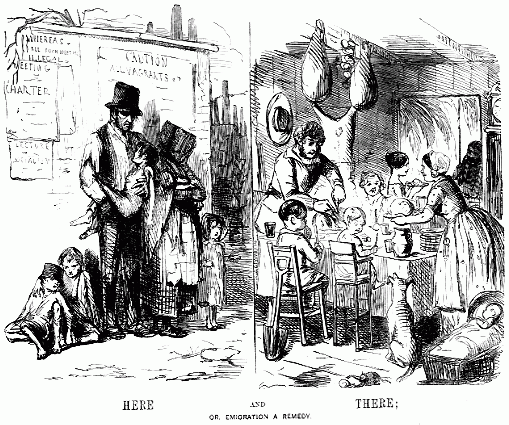

Our partners in action
Aiming to connect those with a spare room in their home with asylum seekers and refugees in need of accommodation, Guildford & Woking Refugee Hosting Hub was recently set up. Founded in 2015 in response to the displacement of refugees from Syria, Farnham Help for Refugees collects aid to be sent to places such as Greece, Lebanon and Syria, as well as to refugee groups in Calais and Portsmouth. Every few months they organise a collection day, requesting specific aid, which usually includes toiletries, nappies, waterproof coats and sleeping bags. Their next collection is on 24 January. See their Facebook page for details.
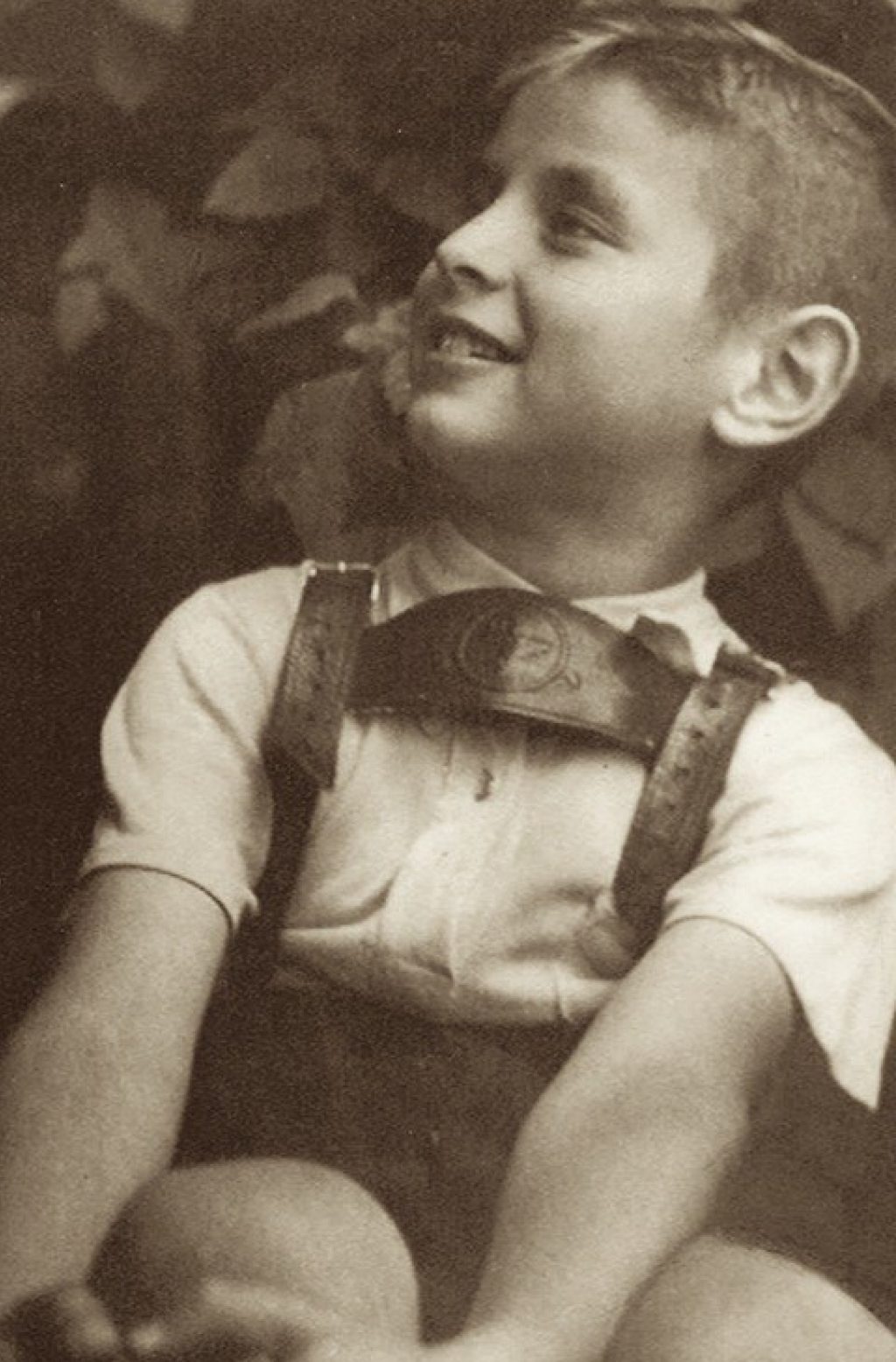
KURT ROSENFELD was a German-Jewish boy who arrived in Guildford in August 1939 – one month before war broke out – as a kindertransport refugee. He was taken in by an elderly couple, Major and Mrs Shelley, who lived at Hitherbury, off Portsmouth Road. Nearly 10,000 mainly Jewish children from Nazi Germany, Austria, Czechoslovakia and Poland came to the UK. Though speaking no English at first, Kurt soon adjusted to life in his new country, becoming a scout and playing rugby. In time he changed his name to Kenneth Rapley.
After our concert in Guildford we met up with our local partners Guildford & Woking Refugee Hosting Hub and Farnham Help for Refugees.
